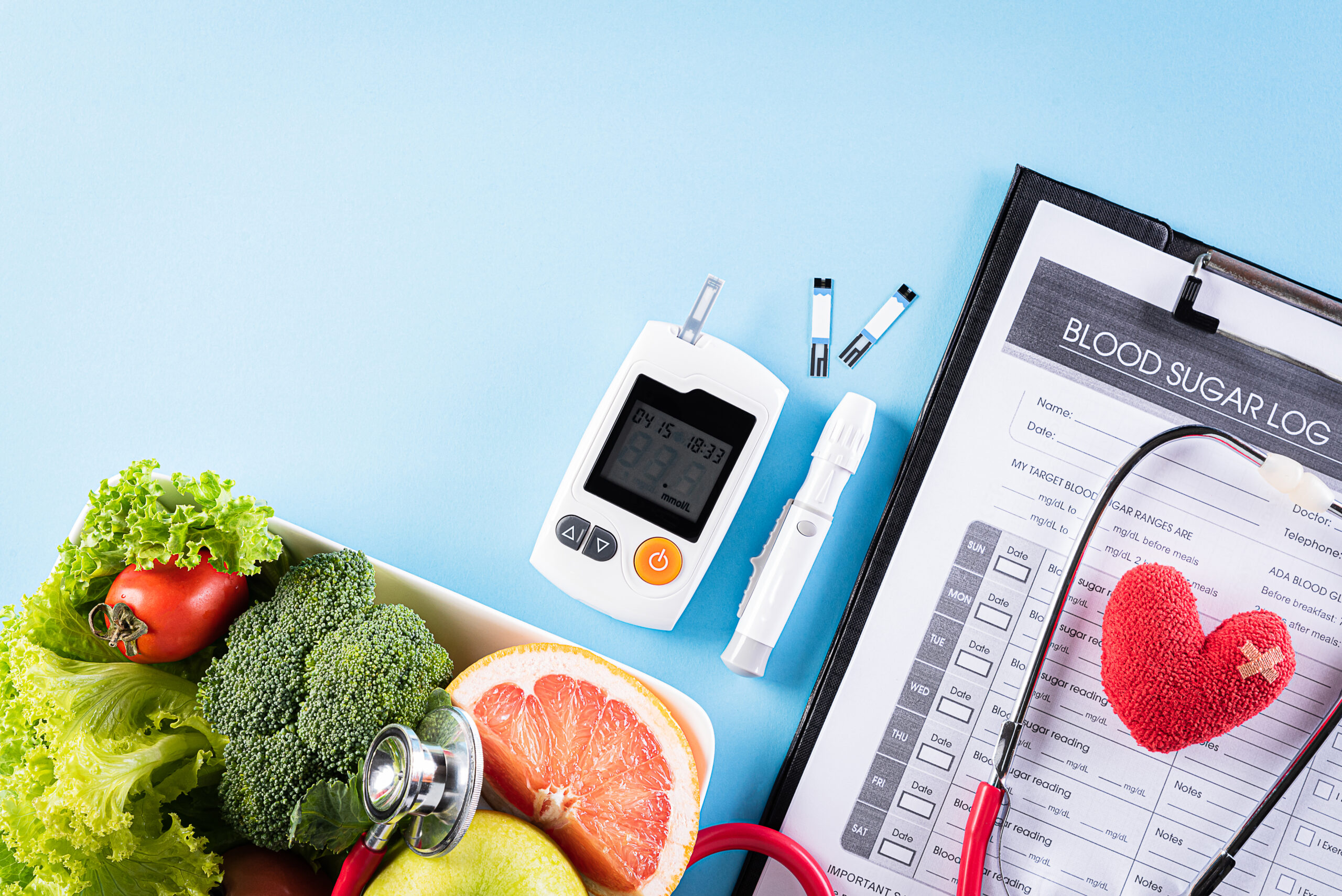Apr 14, 2025

"Diabetes" is a chronic non-communicable disease (NCD) in the group of diseases that cause various complications. Currently, there are hundreds of millions of diabetes patients worldwide, and the number continues to rise. However, many people still hold misconceptions about diabetes, which may unknowingly increase their risk of developing the disease. Let’s explore common myths about diabetes.
Diabetes does not only occur in the elderly. It can affect people of all ages, depending on the cause and other risk factors. Generally, Type 1 diabetes often occurs in children or young people, while Type 2 diabetes is more common in middle-aged to elderly individuals. However, today, younger people are increasingly diagnosed with Type 2 diabetes.
Some believe that not being obese means no diabetes. In reality, both obese and thin individuals can develop diabetes. While obese people have a higher risk due to insulin resistance, thin people with other risk factors (e.g., genetic predisposition or Type 1 diabetes, where the pancreas cannot produce insulin) are equally at risk.
While genetics influence diabetes risk, it does not mean those without a family history are immune. Diabetes can result from multiple factors: high-sugar/high-calorie diets, lack of exercise, stress, or pancreatic dysfunction. Genetics alone do not determine diabetes.
Fruit sugar (fructose) can still increase diabetes risk. Consuming large amounts of high-fructose fruits converts fructose into glucose, raising blood sugar. Opt for low-sugar fruits like dragon fruit, guava, or rose apple in moderation.
Diabetes is not solely caused by sugary foods. Overeating carbohydrates (rice, flour) or fats also raises blood sugar, leading to obesity, insulin resistance, and diabetes.
Some patients avoid diabetes drugs, mistakenly believing they harm kidneys. In reality, high blood sugar damages kidneys by overworking them to filter waste, leading to kidney decline. Properly prescribed medications under medical supervision help control blood sugar and slow kidney damage.
Doctors prescribe insulin based on individual needs, not just severity. Examples include:
Type 1 diabetes (no insulin production).
Chronic kidney disease patients unable to take oral medications.
Poor blood sugar control despite other treatments.
While some herbs may lower blood sugar, most lack proven safety and efficacy in long-term human studies. Unregulated herbal use may cause unexpected side effects. Modern medical treatments remain the safest and most effective option.
Diabetics can donate blood if they maintain normal blood sugar levels and have no complications.


